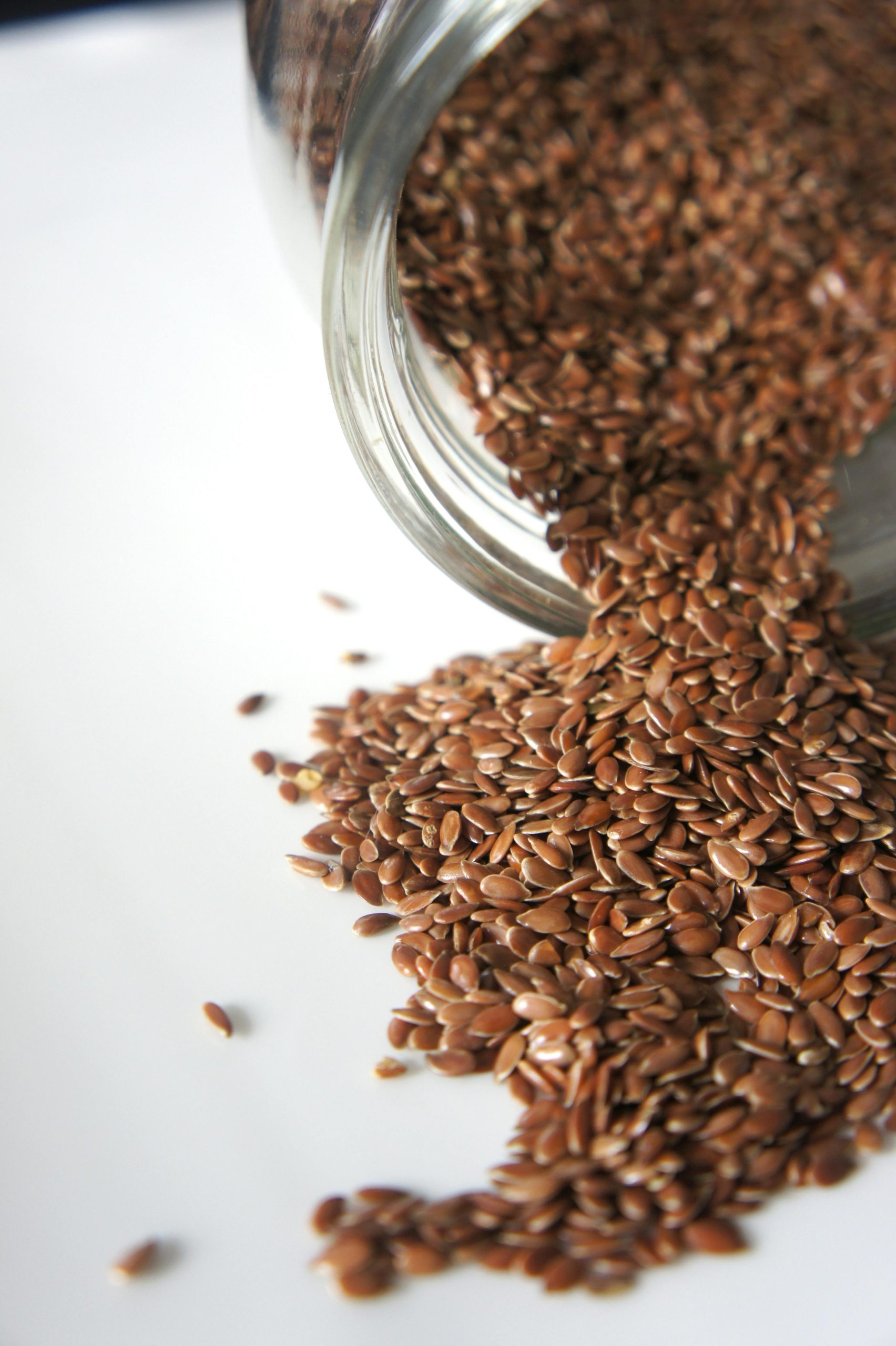October is cholesterol awareness month so we thought we’d remind you of several research studies into the benefit of adding flaxseed (linseed) into the diet. A ‘meta-analysis’ of research into practical dietary interventions for patients with diagnosed cardiovascular disease showed the effect it has on reducing their LDL (often called ‘bad’ cholesterol) levels.
Flaxseed has numerous biological properties including reducing build-up of fatty deposits in the arteries, anti-inflammatory, anti- hyperlipidemia (high concentration of fats in the blood), anti-obesity, anti-diabetic, anti-oxidant, anti-microbial, anti-cancer, anti-hypertensive (high blood psressure) and anti-arthritic activities.
The aim of the study was to investigate the dietary effect of flax seed on the cholesterol levels of those who already had heart disease and in patients who were already receiving treatment, primarily in the form of statin medication.
After a year it was found that patients with peripheral artery disease (a build-up of fatty deposits in the arteries restricting blood supply to the legs), had a 15% reduction in circulating LDL cholesterol as early as one month into the trial.
The researchers concluded that ground flaxseed lowers both total and LDL cholesterol and was safe for those already taking cholesterol lowering medications.
The participants took a daily dose of up to 30g of ground/milled flaxseed which is approximately 4 tablespoons. It can be added to cereals, sprinkled on salads or soups or even stirred into gravies and sauces or added to smoothies, yogurt or oats.
As flaxeed is high in fibre, it is recommended to start at a smaller amount and build up gradually to a dose you find suitable for you (too much to start with and you may find it affects your digestion – having said that, flaxseed is a excellent for reducing constipation). Also ensure you remain well hydrated whilst taking it.
https://www.sciencedirect.com/science/article/abs/pii/S0146280621001468
photo: pexels.com Delphine Hourlay




